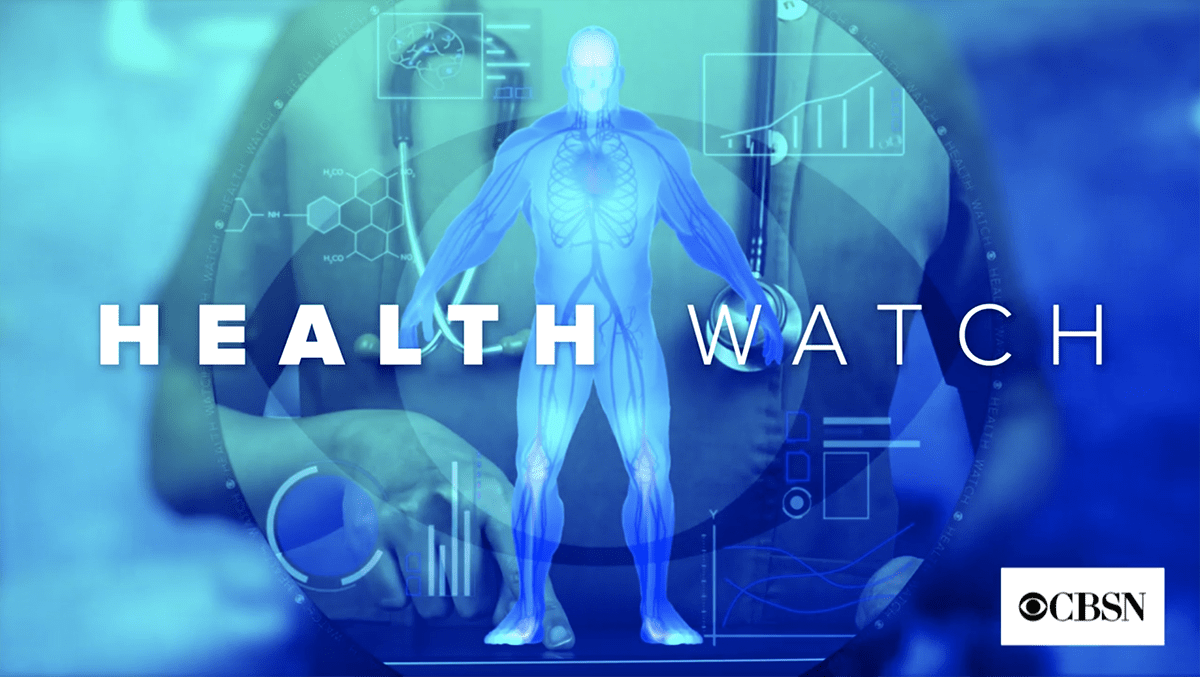First published on May 31, 2019
A new study links an extra $1,000 a year paid through Alaska’s Permanent Fund Dividend to a 4.5% reduction in the rate of obesity in children.
The annual dividend to residents generated by Alaska’s oil riches also reduced total medical costs statewide by up to $10 million, the study estimated.
Various tests of a universal basic income are underway in the U.S. and other countries.
Sure, the extra money is helpful. But the most intriguing benefit from a universal basic income — a regular cash transfer to all individuals regardless of their employment status or income level — could be that it may help reduce childhood obesity.
A new study of Alaska’s own universal basic income program, the Permanent Fund Dividend, which is fueled by the state’s oil riches, shows that a $1,000 yearly stipend awarded to both children and adults who reside in the state reduces the probability of an Alaskan child being obese at the age of three by as much as 4.5 percentage points. Within the group the researchers studied, that translated into 22% fewer children impacted by obesity.
The study was based on group of 11,000 Alaskan children, 2,200 of whom were classified as obese. Without the stipend, 500 more cases of obesity would have been recorded, the study, “Universal Cash Transfers Reduce Childhood Obesity Rates,” concluded.
“The magnitude of our findings was certainly surprising,” co-author Mouhcine Guettabi said. “Though the UBI is not implemented with the intent of reducing childhood obesity, it appears that these unconditional cash transfers have wide-ranging effects, and this is one of them.”
Middle-class families
The effect was recorded in middle-income families earning between $25,000 and $75,000, and did not apply to poorer or wealthier households.
“The PFD comes in the name of the child, so families are more likely to spend it on something that benefits the child, versus another kind of government distribution,” Guettabi said.
Households with lower incomes, however, did not appear to invest the money in a way that helped their kids’ health. “The poorest households might use the child’s PFD to pay household bills, while it doesn’t make a dent in wealthier families’ budgets because they are already making a considerable amount of money,” Guettabi explained of the dynamic.
Healthier meals?
One reason why extra cash on hand may lead to fewer overweight children? Mothers of young children work less in the weeks following a cash transfer, and may instead be spending the time preparing healthier meals, or spending more time with their children outdoors, Guettabi said.
“Women with younger children work less following the distribution. That’s unambiguous,” he said. “What’s unclear is whether the fact that they are working fewer house is directly connected to their children being less obese.”
One potential complication: More income could also lead to children consuming more calories and also gaining weight by leading more sedentary lives, an earlier study on the economic causes of obesity shows.
Lower medical costs
Better health outcomes also come with clear economic benefits, according to the study, which links the dividend to millions of dollars in medical savings. The state would save up to $10 million if all the children who at age three weren’t obese were to remain healthy at least until they turned 17.
Alaska’s program, established in 1982, is funded through the investment earnings of the Alaska Permanent Fund, the state’s sovereign wealth fund. The annual cash payment varies based on the fund’s earnings.
The UBI concept is familiar to residents of Finland, where a two-year experiment took place from 2017-2018, and is gaining currency in the U.S.: The first government-led test of a UBI is underway in Stockton, California, where more than 100 participants are receiving a stipend of $500 per month for 18 months.
Andrew Yang
Democratic candidate for president Andrew Yang has also proposed the “Freedom Dividend,” a universal basic income of $1,000 a month for every American over the age of 18. “This would enable all Americans to pay their bills, educate themselves, start businesses, be more creative, stay healthy, relocate for work, spend time with their children, take care of loved ones, and have a real stake in the future,” the policy section of his website reads.
“I genuinely believe the permanent fund dividend presents us with a great opportunity for potentially understanding future implementations of basic income in the US or outside of it,” Guettabi said of his state’s program.
When asked if he’d be supportive of a nationwide distribution, he hesitated.
“Alaska has a unique opportunity to fund a basic income. How Andrew Yang thinks he’s going to fund it, I don’t know,” he said. “And if the robot apocalypse is coming, it might be necessary, but I am more focused on what the PFD can tell us about these future implementations.”
© 2019 CBS Interactive Inc.. All Rights Reserved.


















